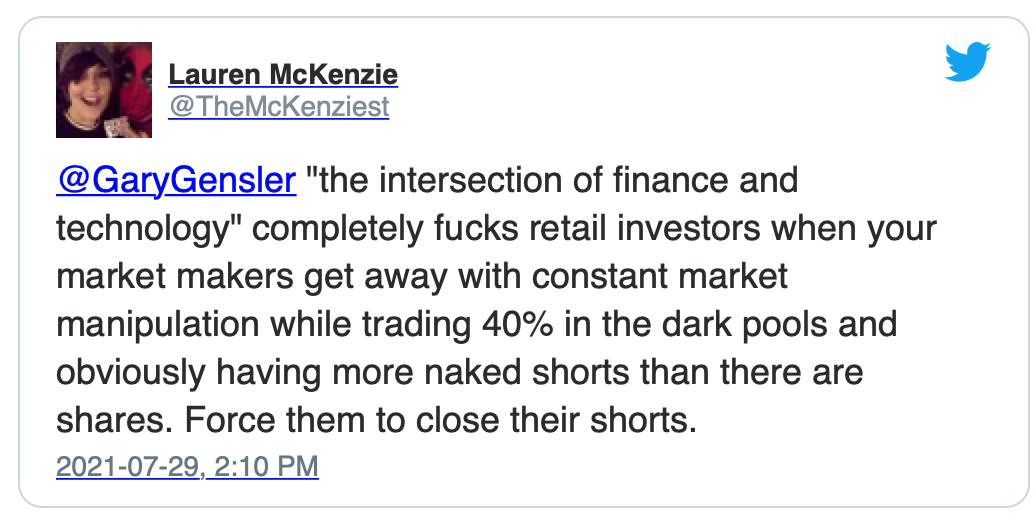
Article: Naked Short Selling and the Market Impact of Fails-to-Deliver Evidence from the Trading of Real Estate Investment Trusts
Article - AcademicErik Devos, Thomas McInish, Michael McKenzie, James Upson
The Journal of Real Estate Finance and Economics, 27 July 2013
Naked short selling and purposeful fails-to-deliver have been identified in the popular press and by the SEC as contributing factors to the stock market decline in 2008. We investigate the market impact of the announcement that fails-to-deliver have occurred for a sample of real estate investment trusts (REITs). We find little evidence that this announcement affects returns or has any market manipulation ability. We find that fails-to-deliver are most consistent with a 1 to 3 days delivery difference between the short sale and offsetting covering trades. These results hold independent of the type of REIT (equity or mortgage REITs). Overall, our findings suggest that naked short selling and purposeful fails-to-deliver may not have contributed much to REIT losses during the financial crisis.
Article: The impact of naked short selling on the securities lending and equity market
Article - AcademicThe impact of naked short selling on the securities lending and equity market
Steven Lecce, Andrew Lepone, Michael D. McKenzie, Reuben Segara
Journal of Financial Markets, 1 February 2012
This paper examines the impact of naked short selling on equity markets where it is restricted to securities on an approved list. Consistent with Miller’s (1977) intuition, stocks with the highest dispersion of opinions and short sale constraints are the only stocks to exhibit significant and negative abnormal returns in the post-event period. We also find slightly higher stock return volatility and a small reduction in liquidity when naked short sales are allowed. Overall, it impairs market quality (liquidity and volatility), although there appears to be some improvement in price efficiency in stocks with high short sale constraints.
